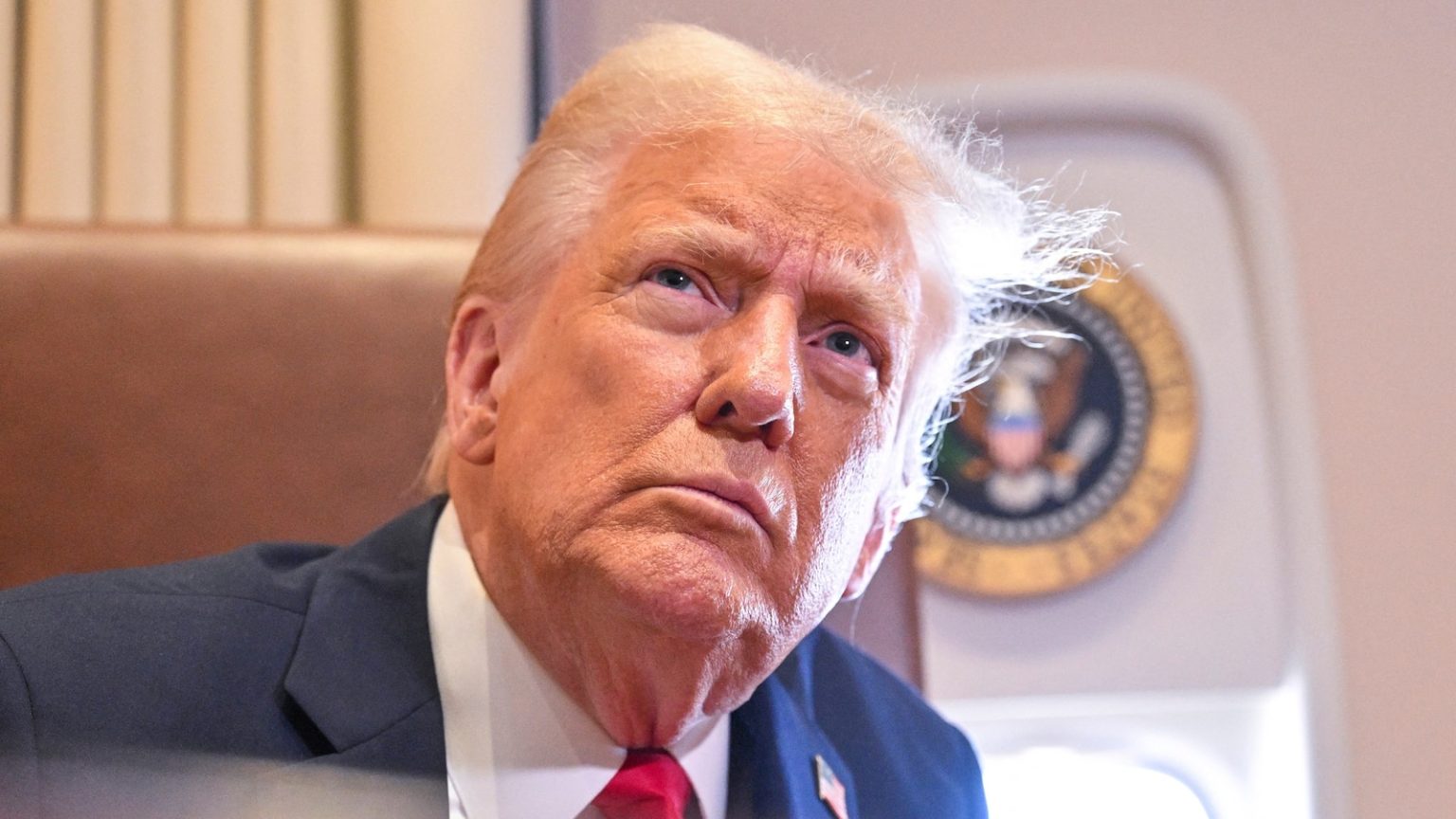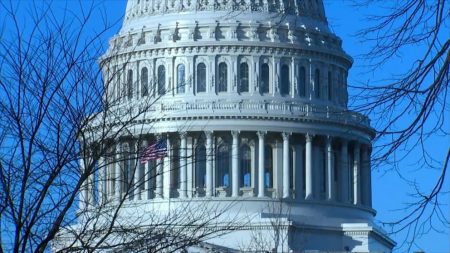Federal Judge Pauses Trump Administration’s Deferred Resignation Buyout Plan Amid Legal Challenge
A federal judge in Boston, U.S. District Judge George A. O’Toole Jr., has decided to extend a pause on the Trump administration’s controversial deferred resignation buyout program, which aims to offer federal employees a financial incentive to resign voluntarily. The program, part of President Donald Trump’s broader effort to downsize the federal government, has been challenged in court by three federal employee unions, who argue that the plan is an unlawful ultimatum that forces workers to resign under the threat of mass termination. The judge’s decision to keep the program on hold came just hours before the original midnight deadline for employees to accept the offer, which has since been extended by four days due to a temporary restraining order. The pause will remain in effect until Judge O’Toole issues a ruling on a preliminary injunction.
Legal Battle Intensifies as Unions and Attorneys General Challenge the Program
The legal challenge, backed by 20 Democratic state attorneys general, accuses the Office of Personnel Management (OPM) of implementing an "unprecedented program" with a rushed and chaotic rollout. Lawyers for the unions argue that the Trump administration has failed to follow proper legal procedures, such as analyzing the costs and benefits of the program, evaluating its impact on government operations, and addressing potential conflicts of interest involving billionaire Elon Musk, whose newly formed Department of Government Efficiency is overseeing the effort. Elena Goldstein, a lawyer representing the unions, criticized the program for its "slapdash exploding deadline" and inconsistent guidance, which has caused confusion and uncertainty for federal employees. She emphasized that the buyout offer appears to be "made up as they go along," violating federal laws like the Administrative Procedure Act and the Antideficiency Act.
Trump Administration Defends the Program as a "Humane Off-Ramp" for Employees
The Department of Justice (DOJ), representing the Trump administration, has defended the deferred resignation buyout as a "humane off-ramp" for federal employees, allowing them to leave the government voluntarily before sweeping changes to the federal workforce take effect. DOJ attorney Eric Hamilton argued that the program is a lawful and necessary step to fulfill President Trump’s campaign promise to "rebalance and reorganize" the federal government. Hamilton emphasized that the program does not impose any new financial obligations on the government, as it simply changes the expectations for employees during their employment period. He also warned that further delays to the program would cause irreparable harm, injecting uncertainty into the lives of federal workers and hindering the administration’s efforts to reform the government.
The Buyout Program: A Controversial Strategy to Downsize the Federal Workforce
The buyout offer, sent to federal employees in an email with the subject line "Fork in the Road," offers full pay and benefits until September for any employee who agrees to resign by February 6. The program is part of President Trump’s broader effort to reduce the size of the federal government, a goal he campaigned on in 2024. Critics have drawn parallels between the program and Elon Musk’s approach to downsizing at Twitter, where he slashed jobs after taking over the company in 2022. While the Trump administration frames the program as a generous and voluntary option for employees, opponents argue that it is coercive and lacks proper congressional funding. Federal employee unions also question the legality of the program, which they claim violates federal law by using unappropriated funds and failing to follow proper rulemaking procedures.
The Legal and Financial Implications of the Program
At the heart of the legal battle is the question of whether the Trump administration has the authority to implement such a program without congressional approval. Lawyers for the unions argue that the program violates the Administrative Procedure Act, which requires federal agencies to carefully consider the impact of their actions before implementing major changes. They also point to the Antideficiency Act, which prohibits the government from spending money that has not been appropriated by Congress. The plaintiffs argue that the buyout program is an unlawful attempt to reshape the federal workforce without proper oversight or funding, and that it places undue pressure on employees to resign under the threat of mass termination. On the other hand, the DOJ maintains that the program is lawful and that any further delays would disrupt the administration’s efforts to reform the government.
The Broader Implications for Federal Employees and Government Reform
As the legal battle continues, the deferred resignation buyout program has left federal employees in a state of uncertainty. While over 65,000 employees have already accepted the offer, many others are grappling with the implications of the program and the broader efforts to overhaul the federal workforce. The case highlights the ongoing tension between the Trump administration’s goal of shrinking the federal government and the concerns of federal employees and their unions, who argue that such changes must be implemented in a lawful and transparent manner. Judge O’Toole’s decision to pause the program pending a ruling on the preliminary injunction ensures that the legal challenges will be thoroughly considered before the program can move forward. The outcome of this case could have significant implications for federal workforce management and the balance of power between the executive branch and federal employees.















